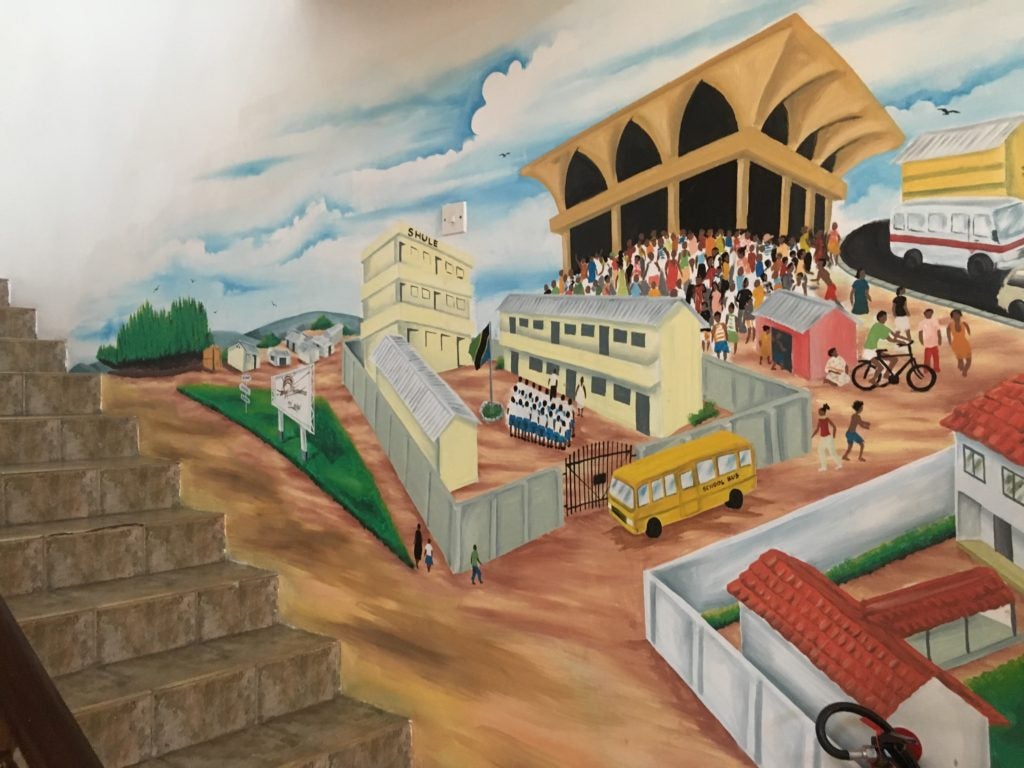Rafael Contreras Gomez
As I suspect it was the case for many of my classmates, I applied to the gui2de summer internship seeking an experience that would allow me to connect the analytical work I was trained to do as (read: Stata Stata Stata) with its larger purpose: building evidence to push for reforms that can benefit communities.

As I prepare to board my flight out of Dar Es Salaam, I can confidently say: mission accomplished. For the past 10 weeks, I interned with Twaweza, a Tanzanian civil society organization and a partner in the multi-country RISE programme of which gui2de is part. During this time, I analyzed survey data from more than 3,000 Tanzanian teachers, exploring patterns in their responses to questions about job satisfaction, support from the government, and classroom practices. I also supported the design and launch of a survey of district-level education officials which involved travelling to their offices for one-on-one interviews. I leave Tanzania with a more solid understanding of the education system and, more importantly, with a sketch of the path that reforms could take to ensure that all Tanzanian children achieve their highest potential.
However, beyond the analytical work, this summer was also defined by a question that Twaweza currently faces as an organization and influenced my work as a researcher. Under President Magufuli, the public sector and civil society organizations have been pressured — and intimidated — to stop disseminating information that could be used to hold the government accountable. This means that disseminating data on citizen satisfaction or the challenges of the education system, for instance, could have legal consequences. In this context, my colleagues and I continuously discussed: how do we defend the importance of evidence in policy making amidst a closing civic space?
Finding an answer to this question is not easy, but I was inspired by the conviction with which Twaweza faced it with a firm commitment to continue disseminating the findings of their work and amplifying the voice of Tanzanian citizens. This is one of those lessons that could not have been learned in the classroom and for that, I’m grateful I was given this opportunity.
